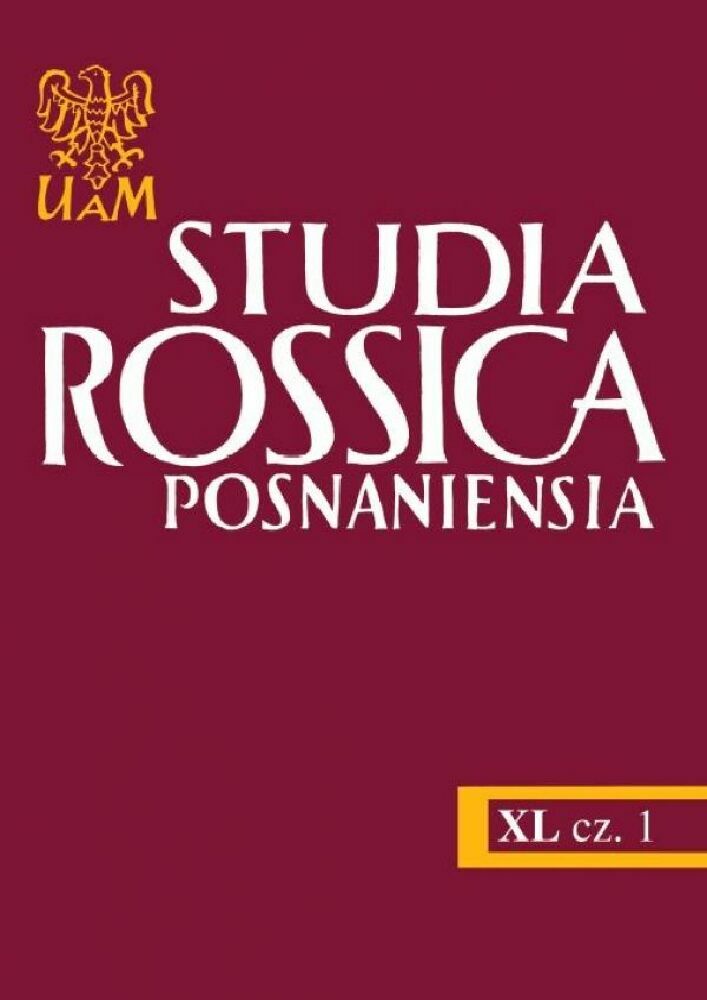Аннотация
In recent decades, a variety of new ideas about the formation of rhetorical competence, which is a component of intercultural competence, have emerged. These ideas reflect the general trend toward integrating different branches of knowledge (close interaction with a new theory of speech culture types and practical stylistics). This article summarizes the characteristics of full-fledged speech culture (i.e. high-level general culture; fluency in literary Russian language, including knowledge of styles and norms; the richness of vocabulary; a strict distinction between oral and written speech forms; respectful and ethical communication; and creative abilities). The article discusses the features of organizing the process of learning the rhetorical principles for Russian as a native and a foreign language. Moreover, it also points to the relevance of the two general principles of the didactic process: a comparative analysis of historical and modern stages of developing eloquence and observance of the principle of a systematic approach to mastering the rhetorical means of effective public communication.
Лицензия
Copyright
© 2015 Uniwersytet im. Adama Mickiewicza w Poznaniu
OPEN ACCESS
